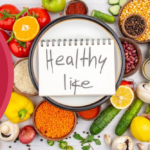A brief overview of the top online support groups for depression.
- Best for frequent engagement: Anxiety and Depression Association of America.
- 7 Cups provides the best 24/7 support.
- NAMI Connection is the best option for virtual gatherings in your neighborhood.
- Best for specialized support groups: The Depression and Bipolar Support Alliance.
- Mental Health America is the best option for anyone with co-occurring mental health difficulties.
- Best for postpartum depression: Postpartum Support International.
- According to the World Health Organization, depression affects over 264 million people worldwide.
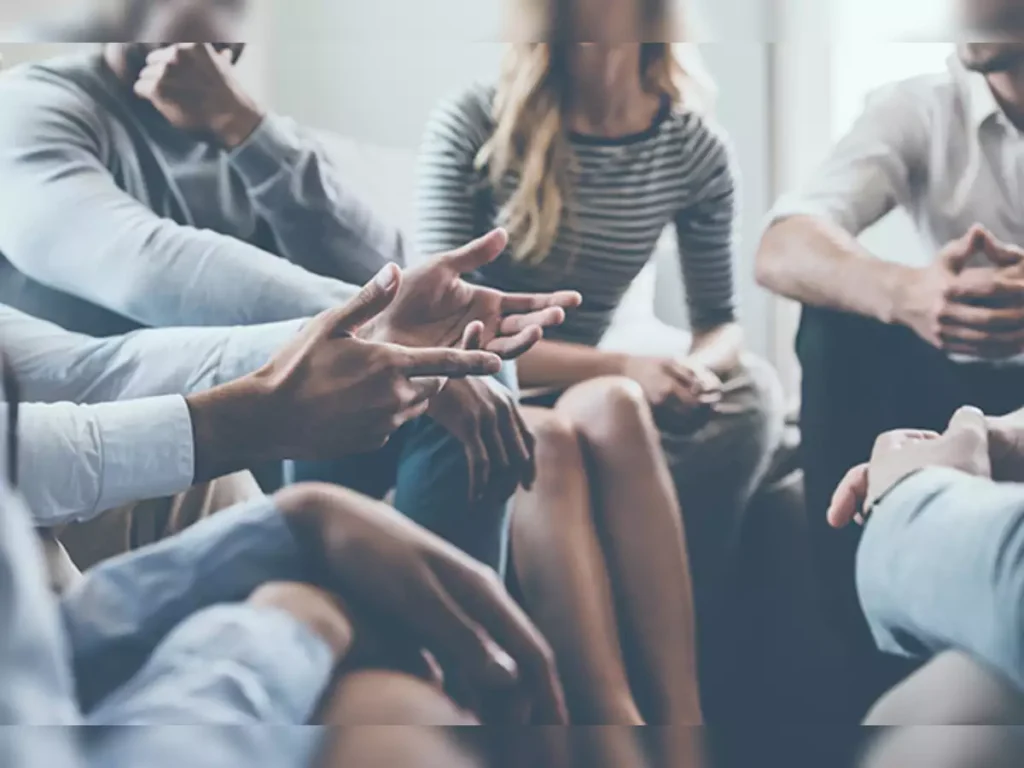
Fortunately, the internet may be an effective tool for seeking help for depression. Online support groups and forums can help you connect with other people going through depression and share coping strategies.
Online support groups, like in-person groups, can offer camaraderie and peer support when needed.
A 2015 study indicated that 15 members in an online depression support group said that their participation helped them reduce their symptoms and self-stigma over a 10-week period.
The study discovered that participants appreciated communicating with others in a judgment-free environment and, in some cases, felt more at ease discussing their depression with “strangers” in the group than with family and friends.
Learn more about online depression support groups and how to choose the best ones.
What are online depression support groups?
Online support groups are becoming increasingly popular among people suffering from mental illnesses. There are two forms of online depression support groups: synchronous and asynchronous.
Asynchronous support groups.
These organizations are not limited to a specific time or location. They use a message board format and allow users to share and comment on posts at any time.
These forums’ 24-hour access is appealing to folks who prefer to communicate on their own time rather than waiting for a group meeting. Traditionally, synchronous support groups are led by peers.
Synchronous online support groups.
These organizations are most similar to in-person meetings. Typically hosted on a video chat platform, they provide an in-person experience from behind your computer screen.
Unlike local meetings, these online organizations allow you to connect with people from all over the world rather than just within your own location. These groups normally meet weekly or biweekly and run 1 to 2 hours.
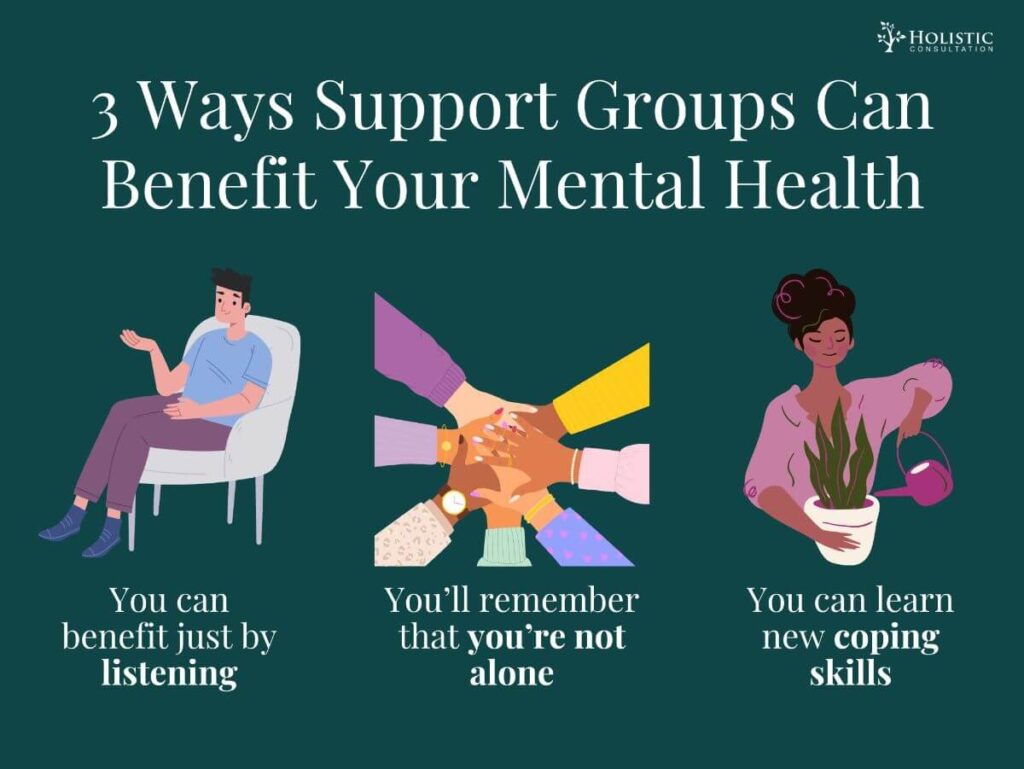
How did we choose?
When generating recommendations, we prioritize vetting companies and products to verify the quality of the information and help provided to consumers seeking mental health support.
Our team of mental health specialists helps to ensure the quality of the resources we recommend. We looked for the finest online depression support groups using the following criteria:
- Company reputation and business practices
- If the statements are backed up by existing scientific evidence
- If the Food and Drug Administration (FDA) issues warning letters or files litigation,
- If the organization provides an active community
- sort of help supplied
- The majority of online depression support groups are free, and this overview solely includes free options.
Healthline’s recommendations for the top online depression support groups,Ideal for frequent involvement.
- The Anxiety and Depression Association of America
- Key specifications include discussion forums and support groups, as well as anxiety and depression support.
- Why we choose it: has over 59,000 engaged members.
- Pros: in-person and virtual help alternatives, available globally, anonymous options.
- Cons: no crisis help; group scheduling may be limited.
The Anxiety and Depression Association of America (ADAA) is a global non-profit organization dedicated to preventing and treating a wide range of mental health issues, including depression.
The organization’s mission is to eliminate the stigma associated with depression and anxiety through science-based initiatives and communication. With over 30 years of experience, the ADAA serves people all over the world and receives over 11 million site visitors each year.
The association offers free in-person and virtual support groups around the United States, Canada, and Australia.
There is also an active online anxiety and depression support group with over 59,000 members. The forum, which is housed on the social network, offers a safe environment for members to talk anonymously about their experiences.
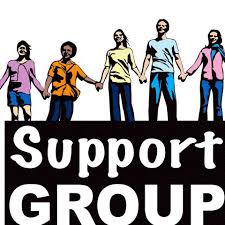
ADAA also runs a Spanish-language anxiety, depression, and support group.
- Best for 24/7 support.
- 7 Cups
- Key specifications: particular events for groups, such as LGBTQIA+ users, youth, and carers.
- Why we choose it: services are available 24/7 so you may obtain help whenever you need.
- Pros: forums and chats open 24/7, vast community to exchange experiences in, moderators help track the content to keep a safe environment.
- Cons: no crisis help alternatives, support is not supplied by certified mental health professionals, and the quality of support varies depending on the “listener”
- 7 Cups provides online support groups, chat rooms, and forums where individuals may share their concerns, check in on a daily basis, discuss their experiences with depression, and receive encouragement and support.
The site’s calendar features sharing circles and icebreakers for members, as well as activities tailored to LGBTQIA+ users, youth, members over 50, caregivers, and others.
One-on-one talks are also accessible 24/7. The app and online community include a network of volunteer listeners who can offer emotional assistance.
While 7 Cups offers free online training to listeners, it should be noted that volunteers are not qualified mental health experts.
Learn more about 7 Cups here.
- Best for virtual meetings in your community.
- NAMI Connection
- Key specifications: individual and family support groups, weekly sessions.
- Why we choose it: virtual and in-person gatherings accessible in over 600 places.
- Pros: weekly in-person and online meetings, available in 48 states and 600 cities; peer-led groups providing community support.
- Cons: not led by a mental health expert, therefore not best suited for those in distress.
- The National Alliance on Mental Illness (NAMI) is a well-known grassroots organization dedicated to improving the lives of people living with mental illnesses.
After over 40 years of service, the organization has grown to 600 local affiliates and 48 state organizations. NAMI’s long history makes it a reliable resource, and those suffering from depression may find assistance in the NAMI Connection Recovery Support Group.
Peer-led groups meet both in person and online in cities across the country. Members aged 18 and up meet on a weekly or biweekly basis to promote empathy and empowerment while sharing their personal stories.
Some chapters meet in person, but you’d be amazed at how many NAMI groups have adopted virtual meetups using Zoom. You can look through NAMI’s directory to find a future meeting.
Ideal for specialist support groups
The Depression and Bipolar Support Alliance
Key specifications: several support groups that meet weekly, both online and in person.
Why we choose it: There are groups accessible for certain persons, such as war veterans, BIPOC communities, caregivers, children, and those suffering from substance abuse.
Pros: specialized groups accessible to gain help from people with similar experiences; over 600 support groups available; programs available for adults and children.
Cons: Not led by certified mental health professionals; not best suited for persons in crisis.
The Depression and Bipolar Support Alliance (DBSA) aims to inspire resilience, hope, and connection in persons suffering from mental illnesses such as depression and bipolar disorder. The organization provides information and assistance, including over 600 peer-led support groups.
Not only is the sheer number of groups astounding, but they are also efficient. According to the organization’s website, participating in a DBSA patient-to-patient support group “improved treatment compliance by almost 86 percent and reduced in-patient hospitalization.”
DBSA offers a wide range of support groups, including those for war veterans, young adults, BIPOC communities, caregivers, and persons with co-occurring substance misuse.
The online national support groups are housed on Support Groups Central and available on a variety of weekdays and times, making them easily accessible.
Ideal for co-occurring mental health difficulties
Mental Health America
Key specifications include online support groups and forums.
Why we choose it: provides support groups for more than 20 mental health issues.
Pros: supports groups for over 20 mental health difficulties, anonymous chat for privacy, resources and webinars available for information.
Cons: less active community; may feel overwhelmed by the wide range of topics.
When it comes to learning more about mental illness, Mental Health America (MHA) is a wealth of knowledge. The organization’s online support group and forum can be found among the mindfulness tools and instructive webinars on its website.
The online support group is hosted on Inspire, a network of health-related support communities, and it includes talks about over 20 different mental health issues.
Users can talk anonymously about the stigma of mental illness, coping with their emotions, and personal recovery. People can indicate their concern by replying to threads and clicking the “support” button.
Because of the wide range of mental health concerns covered, finding depression-related talks might be difficult.
MHA receives numerous posts each day, which is less frequent than the ADAA forum, which receives roughly 40 posts per 24 hours. Nonetheless, the answers provide emotional and meaningful responses on the MHA discussion board.
Ideal for postpartum depression
Postpartum Support International
Key features include community groups for queer and trans parents, fathers, military parents, BIPOC communities, and Spanish-speaking groups, as well as online support groups available five days a week.
Why we choose it: postpartum support international provides specialized care for people who have given birth, such as postpartum depression and infant loss.
Pros: particular support for people after giving birth; organizations available for various populations.
Cons: assistance is only accessible five days a week, and there is minimal help for other types of depression.
According to the Centers for Disease Control and Prevention (CDC), approximately one out of every eight mothers in the United States suffers from postpartum depression.
Postpartum depression, which develops after giving delivery, is extremely prevalent yet treatable. While talking with your doctor might assist connect you with the therapy you require, having a network of other parents can make you feel less alone.
Postpartum Support International (PSI) provides online support groups five days a week. Some offered groups concentrate on specific situations and challenges, such as:
- Perinatal mood support.
- Pregnancy and Infant Loss
- natal mothers who placed their kid for adoption.
- terminated for medical reasons.
- Postpartum Psychosis
The organization also provides support groups for certain communities, such as queer and trans parents, fathers, military mothers, and Black or South Asian mothers. There is also a weekly Spanish-language support group.
What To Look For In Online Depression Support Groups
If you need help managing your depression and interacting with others, an online support group may be for you.
Is a depression support group suitable for you?
Depression is a common yet dangerous mental health disease that can cause problems in daily life. While it is frequently connected with emotions of melancholy or apathy, it is more than a case of the blues.
Symptoms of depression
According to the National Institute of Mental HealthTrusted Source, symptoms of depression must persist for at least two weeks before being diagnosed.
While symptoms may vary, here are some frequent signals to watch for:
- A prolonged feeling of sadness, anxiety, or emptiness.
- hopelessness
- irritability
- Sense of remorse, worthlessness, or powerlessness
- Loss of interest or pleasure in hobbies and activities that you previously enjoyed
- Fatigue or lack energy.
- restlessness
- difficulties focusing and making decisions
- modifications in sleep patterns.
- diminished libido
- Suicidal ideas or efforts.
- Appetite changes
- bodily symptoms, such as aches, pains, headaches, cramps, or digestive difficulties with no evident explanation.
The symptoms and severity of depression vary by individual and should be discussed with a medical practitioner. There are also other varieties of depression, each of which manifests differently.
You may find out about nine distinct types of depression here.
Bear in mind
Online depression support groups are not an alternative to emergency assistance.
If you have a mental health emergency and are considering harming yourself or someone else
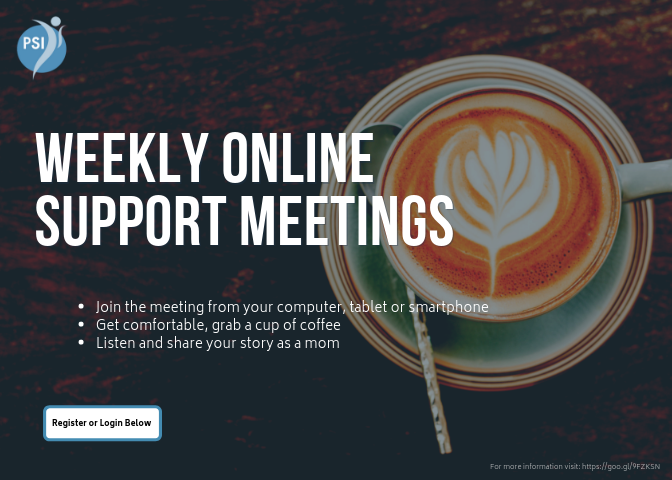
Was this helpful?
Getting Diagnosed
To join an online support group, you do not need to have a confirmed diagnosis.
Indeed, these communities may be a good place to start if you want to seek advice and share your experiences in an anonymous, neutral environment. You may find that you relate to other members or that the group’s advise resonates with your feelings.
While support groups do not often require formal proof of diagnosis, you should consult with your doctor if you are experiencing any symptoms of depression.
Getting a diagnosis is the first step toward realizing you need treatment. Depression can cause serious symptoms such as suicide ideation or self-harm, therefore mental health care is crucial.
Frequently asked Questions
How much do online depression support groups usually cost?
Many forums and support groups for depression, such as those listed above, are absolutely free.
How do online support groups compare to in-person ones?
Online support groups can reach people who are apprehensive to attend in-person meetings. Online forums can be an effective and convenient area to congregate because of their large user base and 24-hour availability.
According to a 2020 study, combining online and offline peer support groups helped participants create social contacts, increase friendship, and feel more connected to their communities. In addition to continued mental health care, the study discovered that online and offline support groups supplemented one another.
As online forms such as therapy and support groups gain popularity, more research is needed to determine one is more successful than the other.
Should I still attend therapy?
Support groups can serve as a sounding board for your emotions and provide a good environment, but they are not a substitute for therapy.
Unlike mental health counseling, support groups are led by peers. While peer-led groups can provide useful tips and resources, they should not be utilized in place of a certified mental health professional.
If you’re depressed, chat with your doctor about your symptoms and consider seeing a mental health counselor.
How are depression support groups structured?
Support groups can be organized in a number of ways. Some groups will follow an open style in which members can share their experiences and engage with one another.
Other support groups may use a step-by-step procedure to guide members through or schedule activities for them.
Takeaway
Depression can be an isolating mental health illness, but it does not have to be managed alone.
According to research, online support groups can help people feel more connected and less alone when they are depressed.
Because online support groups are peer-led, they are an excellent way to connect with people who understand your situation. Depression support groups can be a valuable supplement to your mental health care, but they are not a substitute for therapy.
Jillian Goltzman is a freelance journalist who covers culture, social impact, wellness, and lifestyle. She’s been featured in Cosmopolitan, Glamour, and Fodor’s Travel Guide. Jillian is a public speaker who enjoys talking about the power of social media, which she devotes far too much time to. She enjoys reading, tending to her houseplants, and cuddling with her Corgi. See her work on her website, blog, Twitter, and Instagram.


